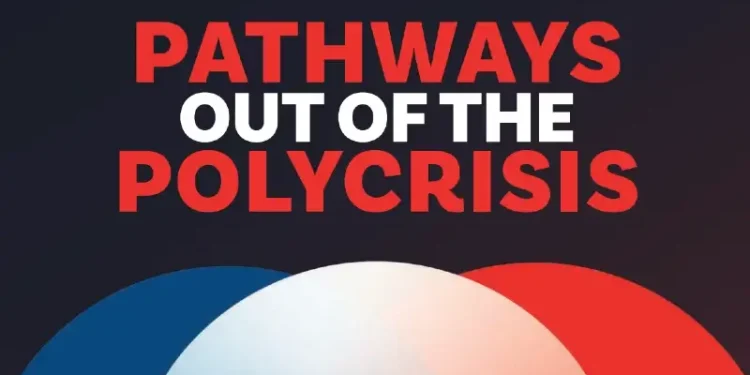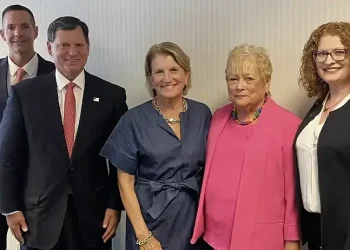The World Bank’s latest Poverty, Prosperity, and Planet Report paints a sobering picture of global poverty reduction efforts.
“After decades of progress, the world is experiencing serious setbacks in the fight against global poverty,”
warns Axel van Trotsenburg, World Bank Senior Managing Director.
Quick Facts:
- Nearly 700 million people live on less than $2.15 per day
- 44% of the world’s population lives on less than $6.85 per day
- Extreme poverty could take three decades or more to eliminate
- 1 in 5 people globally are likely to experience a severe weather shock in their lifetime
Slow Progress and Mounting Challenges
The report reveals that at the current pace, eliminating poverty for nearly half the world’s population could take over a century. This stark reality applies to those living on less than $6.85 per day, the poverty line for upper-middle-income countries.
Extreme poverty, defined as living on less than $2.15 per day, remains a significant challenge. The global goal of eradicating extreme poverty by 2030 is now out of reach, with projections suggesting it could take three decades or more to achieve this milestone.
Regional Disparities and Inequality
Poverty remains concentrated in countries with historically low economic growth and fragility, particularly in Sub-Saharan Africa. The report also highlights persistent inequality, with 1.7 billion people living in high-inequality economies, primarily in Latin America, the Caribbean, and Sub-Saharan Africa.
Climate Change and Poverty: A Complex Relationship
The report emphasizes the intricate link between poverty reduction and climate change. While reducing extreme poverty may not significantly impact global emissions, lifting people above the $6.85 per day threshold could lead to a substantial increase in carbon output.
| Income Level | Priority Actions |
|---|---|
| Low-income | Economic growth, job creation, human capital investment |
| Middle-income | Reduce vulnerability to shocks, decrease carbon intensity |
| High-income | Cut emissions, mitigate short-term costs for vulnerable populations |
A Call for Tailored Approaches
Indermit Gill, Chief Economist of the World Bank Group, emphasizes the need for nuanced strategies:
“Low-income countries and emerging market economies will do well to acknowledge the inevitability of tradeoffs among these objectives, but also to appreciate some synergies.”
The report calls for country-specific approaches based on income levels, prioritizing certain policies while managing trade-offs across economic, social, and environmental goals.
Impact and Implications
This report underscores the urgent need for a paradigm shift in global development strategies. As climate change intensifies and economic challenges persist, the international community must reevaluate its approach to poverty reduction, balancing immediate needs with long-term sustainability goals.
Moving Forward
The World Bank’s findings serve as a wake-up call for policymakers and development practitioners worldwide. Addressing poverty in the 21st century will require innovative solutions, increased international cooperation, and a commitment to sustainable, inclusive growth.
As the world grapples with these challenges, the coming years will be crucial in determining whether we can accelerate progress and create a more equitable, resilient future for all.
Sources: THX News & World Bank.







